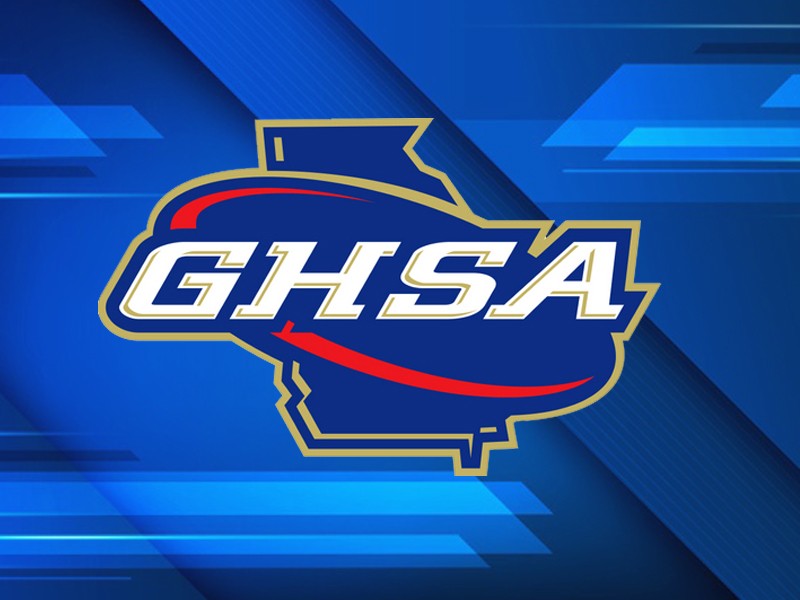Sports budgeting has become big business over the last decade or more.
And no group has become more aware of its importance than local high school administrators and coaches. Every year a parade of coaches, players, and boosters fan out across the community at large in an effort to scrounge up every penny they can get to help fund the more than a dozen sports most area schools feature in their athletic departments. For many schools, and specific programs, the fundraising efforts could represent as much as 70 to 80 percent of their operating budgets.
All of those efforts are under enormous strain in 2020, however, as the COVID-19 virus, and the public's response to it, is already starting to cause more than a few sleepless nights for those in charge. But a bigger problem looms over virtually every athletic department like the Sword of Damocles: fanless sporting events
The idea of playing sports without fans is being viewed as a widely popular consideration by athletes, administrators, players, and fans in this most unusual of times. The NFL, MLB, NBA, MLS and the NCAA all have come out in recent weeks saying playing in front of empty stadiums and arenas may be the only way to move forward for the immediate future. But for how long would that be? One year? Two? Those in charge are long on theories but short on specifics.
Also, those are all either private leagues or huge public entities and could possibly weather a short-term storm. As the big leagues go, decisions by smaller leagues below have typically mirrored those above them.
But just what kind of financial effect would such an endeavor have on high school athletics?
Some of the area's athletic directors paint a not-so-rosy picture, short-term or long term, if fanless sports becomes a reality at the high school level.
“Playing a (football) season without fans would be a disaster for every high school athletic department,” Gainesville Athletic Director Adam Lindsey said. “The football gates fund entire years for sports for some schools. If that is where things end up for high school sports -- no fans -- I would have some reservations about playing sports that school year under that scenario.”
“If there were no fans it would be difficult at best (to run a department) but I can’t say I’d go so far as to say that we would not have other sports if we didn’t get any football ticket revenue,” Rabun County Athletic Director Jaybo Shaw said. “I just hope we don’t have to consider that as a possibility.”
“Football is essential for the athletic department as a whole for the gate money in a normal capacity. I’m not ready to cross that bridge yet and hope I don’t have to,” said Dawson County AD Jason Gibson.
And Hall County Director of Communications and Athletics Stan Lewis pretty much agrees with the others.
“There is no doubt that football gates help fund many of the other sports,” Lewis said. “From a financial perspective, having no fans would be a challenge. The district does not channel any funds to its high school programs, but if the “no fan” scenario does unfold, we would certainly bring everyone to the table prior to in order to brainstorm solutions.”
However, Dr. Robin Hines, executive director of the Georgia High School Association, said, as of now, that is not a subject that has been broached in any discussions.
“It’s only May and there are no games scheduled until August. That is so far down the road and (fanless games) is not something we have talked about at all,” said Hines, who has been a principal and school superintendent over the years. “Fanless games is not part of any plan here at the GHSA. If a system decides to do that, that will be their decision.
“But it would be difficult at best for most systems without fans for football. Right now, the only things we’re discussing are getting training started in a proper fashion.”
Hines also stated that the GHSA, as of now, has not issued any directives or made any changes to the official start dates for the upcoming 2020-21 school year.
“July 27 is still the first official start date and that has not changed,” he said. “The biggest thing is making sure the athletes have enough time for training.”
Hines emphasized staying positive during these “uncertain times” will be a key to getting back to any sort of normal.
“I’m a very positive person, and we’re watching the numbers and talking to people like Gov. Brian Kemp and a lot of experts,” he said. “This isn’t just a one-man or one group thing. The (COVID-19) numbers, from the information we’re getting, are going down so I see a lot of positive things, as of now, in feeling like we can move forward.
“But we don’t make decisions at the GHSA, we make recommendations. Each system will be able to make its own decision on whether to stay with the start dates and how to move forward.”
Hines said being able to safely move forward will have to be a big consideration.
"If the numbers start trending negatively, we’ll take that into consideration as well," Hines said. "What this will ultimately come down to, no matter what our recommendation will be, is the athletes and the parents and whether they will want to participate."










